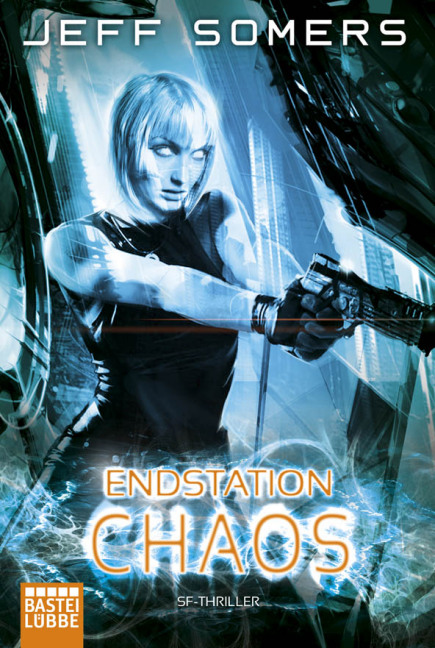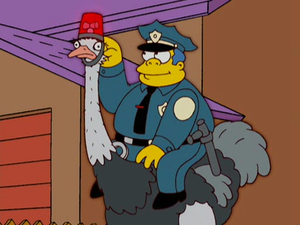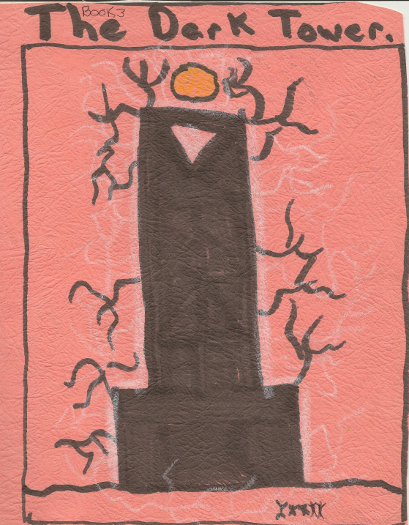The Inner Swine on Kindle
 I’ve been putting out my zine The Inner Swine for 15-17 years, depending on whether you count its inception from the date my original collaborators and I got together to discuss putting out a magazine or the actual release of issue one, by which time I’d taken over the magazine all by myself. I’m closing in on issue 60.
I’ve been putting out my zine The Inner Swine for 15-17 years, depending on whether you count its inception from the date my original collaborators and I got together to discuss putting out a magazine or the actual release of issue one, by which time I’d taken over the magazine all by myself. I’m closing in on issue 60.
Over the years I’ve released plenty of Inner Swine material electronically, mostly for free. PDFs of just about every issue are up on the zine’s web site for free download, and plain-text files of some issues are also there. I still do a print run of each issue for a mailing list of subscribers and traders. Recently, however, I’ve been thinking that a formal digital edition of the zine might be a good idea. So I finally sobered up for a day and created a Kindle Edition of the latest issue (Volume 16, Issue 3/4, Winter 2010) and put it up for sale on Amazon for $0.99. NINETY-NINE CENTS! Yowza.
The Kindle edition doesn’t have any images in it, because a) images on the Kindle are a pain in the ass and b) some of the images that make it into the zine are not, shall we say, vetted by my copyright lawyers. It’s a zine, after all. The copyright lawyers for my zine are a tiny leprechaun who sits on my shoulder and sings sea shanties into my ear all day and my cat Spartacus, who uses a thick book of copyright law as a scratching post. The Kindle Edition also has no advertisements in it. It’s just the text, baby. Other than that, it’s exactly the same: Every word that’s in the print edition is in the Kindle edition. It’s ~45,000 words, which is novella-sized.
Right now it’s set up as a standalone publication, not a series or periodical. There’s no DRM and it’s set to allow lending. I’m learning this as I go, so if you do grab a copy, all feedback is gratefully accepted. Let me know if I can improve the formatting or do anything else to make it a better product.
Thanks! Remember, I’ll make $0.35 cents on every issue. THIRTY-FIVE CENTS! Every five issues sold buys me a bottle of Thunderbird with change back!







